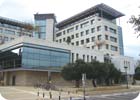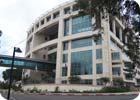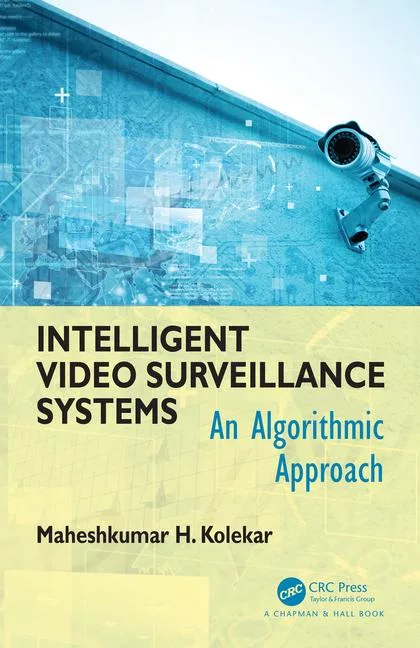Technion University Security Boosted with Intelligent Video

The Technion Israel Institute of Technology faces possible
threats such as terrorist attacks. Intelligent video has become invaluable in
deterring such attacks.
For those living with terror threats, its good to live with intelligent video, too. The Technion Israel Institute of Technology is the oldest university in Israel. Founded in 1924, the university campus is located in Haifa’s Neve Sha’anan neighborhood on Mount Carmel. The school encompasses 1,325,000 square meters, which includes approximately 85 buildings.
The university’s landscape and terrain present several security challenges. The security perimeter of the campus passes through areas of rocky steep terrain, foliage and wooded areas that make it difficult to access, monitor and patrol. Fences surround the campus, and residential dwellings, as well as roads, private driveways and parking lots border the campus. Security personnel are stationed at operating gates to provide access control, baggage checks, threat mitigation and security assistance to visitors, professors and students.
Israel’s schools face serious threats of school attacks, such as suicide bombings, school shootings, sniper attacks, terrorist rocket attacks and hostage taking. Technion security was looking to eliminate perimeter security holes to create better situational awareness beyond existing security measures.

The Technion Israel Institute of Technology in Israel
is comparable to America’s
MIT.
The system allows for remote detection and analysis of security situations. This was of significant importance in maintaining safety during a rocket barrage on the city of Haifa in 2006.
“When the terrorists launched attacks that hit our campus we had already evacuated everyone to safety. We didn’t need to place anyone in jeopardy where we could not guarantee scene safety,” said Amos Kessler, Technion’s commanding security officer. “We had the tactical advantage of observing and being informed of everything while bunkered safely in the remote security control center. When the missile explosion and subsequent damage occurred, it was detected and analyzed; luckily, no emergency response was needed.”
The system allows security to know when someone approaches and crosses the perimeter fence even in difficult to patrol areas. In addition, thieves are instantly detected approaching the fence, sending notifications and alarm video to the security guards, preventing losses.
Technion has plans to continue to expand the current system to hundreds of cameras. Technion needed a solution that allowed for future expansion. With the ioimage system, they achieved an affordable, scalable solution that provides high-security. Technion now provides better protection and peace of mind for the students, professors and visitors coming to the facility everyday.
Looking for a reprint of this article?
From high-res PDFs to custom plaques, order your copy today!






